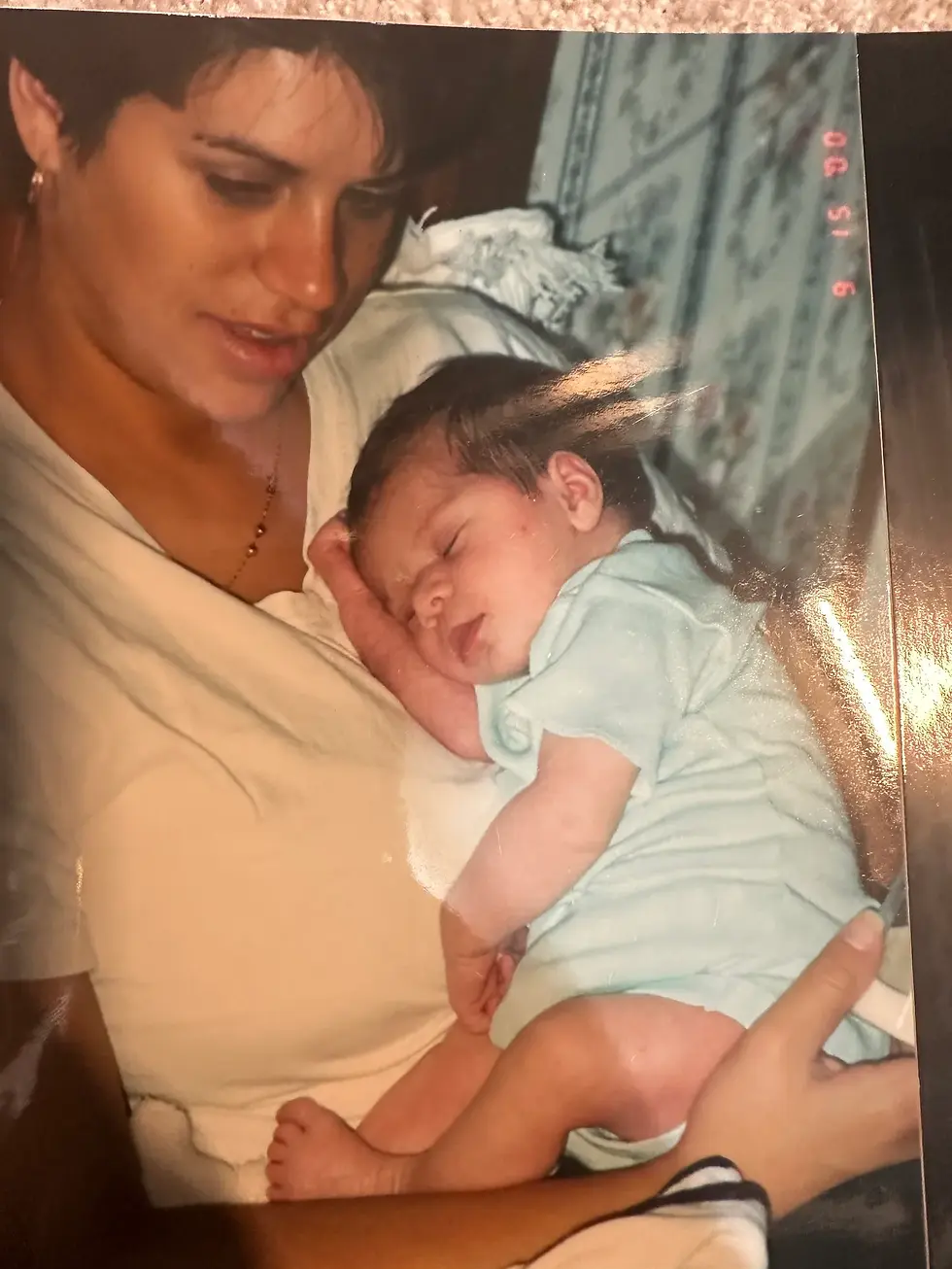"The Church Tried to Erase Me. It Failed."
- kimwatt

- Jul 22, 2025
- 3 min read
There are still moments—when I'm quiet and reflecting on my life—where shame and regret rise around how I raised our four deeply kind, beautiful, and wise children.
I wish I hadn't raised them in the evangelical church.
I think of my 25-year-old self, newly a mother, struggling with her mental health and believing something was deeply wrong with her. She didn't yet understand the roots of her pain: the abuse from a narcissistic father, the death of her best friend, and the weight of intergenerational trauma and a struggling marriage.
She just wanted something better—a healthier childhood for her kids, a life full of opportunity, creativity, freedom to be themselves, and a deep love for God.
And honestly, she just wanted a place where she could be loved and belong.
The last thing she wanted was for her kids to grow up and become her—to carry the same pain, the same fears, the same loneliness.
So she went from one extreme to the next, hoping that structure would bring safety and that faith would bring healing.
And she found herself in a place that felt like home—but only because it echoed what she already believed about herself.
The same disgust she felt about herself.
That she was bad.
That her questions were dangerous.
That her pain was her fault.
I remember the day I called an evangelical, non-denominational church to ask their stance on being gay and same-sex marriage. I remember what they said. And even though I didn't believe what these so-called Christians thought, I left the Catholic Church and walked through their doors—because I didn't trust myself yet.
And on top of it all, I was a woman who felt "called" (a word I now resist) to preach, to share the love of Jesus. But even that wasn't welcomed. I spent so many years in a place that tried to erase everything about me—my voice, my questions, my power.
And to be fair—it did bring some healing.
It was messy and imperfect, but it gave me language, tools, and a kind of hope I hadn't known: friendships; our kids had so much fun in youth group, and my husband and I began our healing journey together.
And that healing is what eventually led me out of the toxic, abusive church and relationship with my dad and other toxic family members and friendships.
And yet, somehow, I stayed feisty.
Even inside that system, I kept pushing back. As much as these Pastors (who were mainly men, but there were a few toxic women leaders, too) tried to control me, there was always an inner voice that wouldn't let me go too far.
I'm still here.
And when that shame creeps in, I forgive myself. I remind myself that nothing is wasted. I kept learning. I kept growing.
I wouldn't be able to speak so confidently against evangelical Christianity and Christian nationalism if it wasn't for my experience inside of it.
Now, I can say with clarity what following Jesus means.
And I still carry regret for not speaking up for the LGBTQIA+ community all those years ago, too.
But that will never happen again.
So, if there are parts of you that cringe when you think about your past, be gentle with yourself.
Repair where you need to.
Ask for forgiveness if you must.
But then—breathe deep, look around, and allow yourself to move forward.
Be proud of who you are today.
Because all we have is today.
And if you're healing from church trauma and you're looking for a therapist, a trauma-informed life coach, or a speaker who gets it—please feel free to send me a private message. You're not alone, and you don't have to carry it all by yourself




Comments